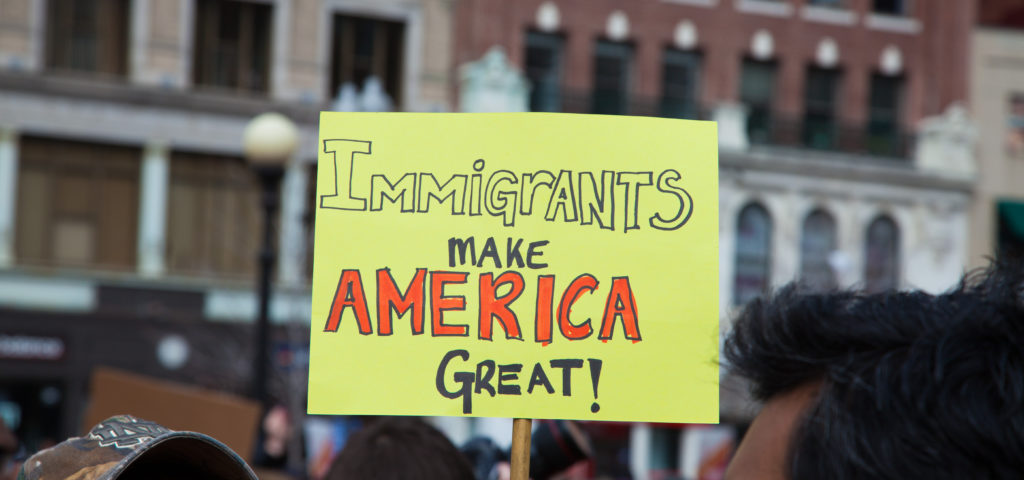
It was my first immigration law office in Escondido.
I was barely in my third year of private practice. After winning some complicated cases for North San Diego County clients, I decided to open a full time center for local residents.
About three months into my lease, the building manager stopped by to talk with me about co-tenant complaints.
They were upset because my clients “made the waiting room look like a bus stop.”
The word immigrants was not mentioned.
The meaning was clear.

The immigration judge stared at me with one of those “Do you think I’m stupid?” looks.
He had asked me why my client had been placed in custody.
I explained my client was driving to church on a Sunday morning around 7:30 a.m. with his two U.S. citizen daughters when he was stopped by a police officer. The officer had passed my client driving in the opposite direction. He made a quick u-turn, put his lights on, and pulled him over. The officer said it looked like my client did not have his seat belt fastened.
Not believing me, the judge turned to the government attorney. His notes confirmed the seat belt story.

Will California move to the forefront of recognizing the many positive contributions of immigrants?
After all, as my mother used to say, “What’s good for the goose is good for the gander.”
And if Arizona insists on claiming state privileges regarding immigration policy, so can California.

According to a San Diego Union-Tribune news report earlier today, Escondido has become the first city in Southern California to integrate the help of immigration agents in local police activities. Escondido is located in Northern San Diego County.
The United States Immigration and Customs Enforcement (ICE) officers now work out of the Escondido Police Department offices and accompany police officers on certain calls. It is not clear which types of matters the ICE officers are tracking.

The debate over immigration reform, during the past week, exploded in Riverside County.
A decision by the Hemet City Council to endorse a hotly disputed and constitutionally defective Arizona law triggered other Inland Empire and Southwest Riverside cities to join the bandwagon.
Practicing immigration law in Riverside County, I’m glad immigration reform has become a leading issue. It’s long overdue.
But I’m disappointed at the negative twist it has taken.

It’s not quite summer, but the Riverside heat wave has already started.
Wild fires, the immigration variety, have erupted in cities and states across the nation.
The fires were lit by Arizona.
As a result, it was no surprise when the the immigration reform debate spread to the City of Hemet this week.
Actually, it was not the immigration debate which arrived in the small relatively unknown Southwest Riverside city. It was the anti-immigrant circus promoted by hate-based groups.
And like politicians in other places, the mayor of Hemet could not avoid the misguided temptation to grandstand for political purposes.










